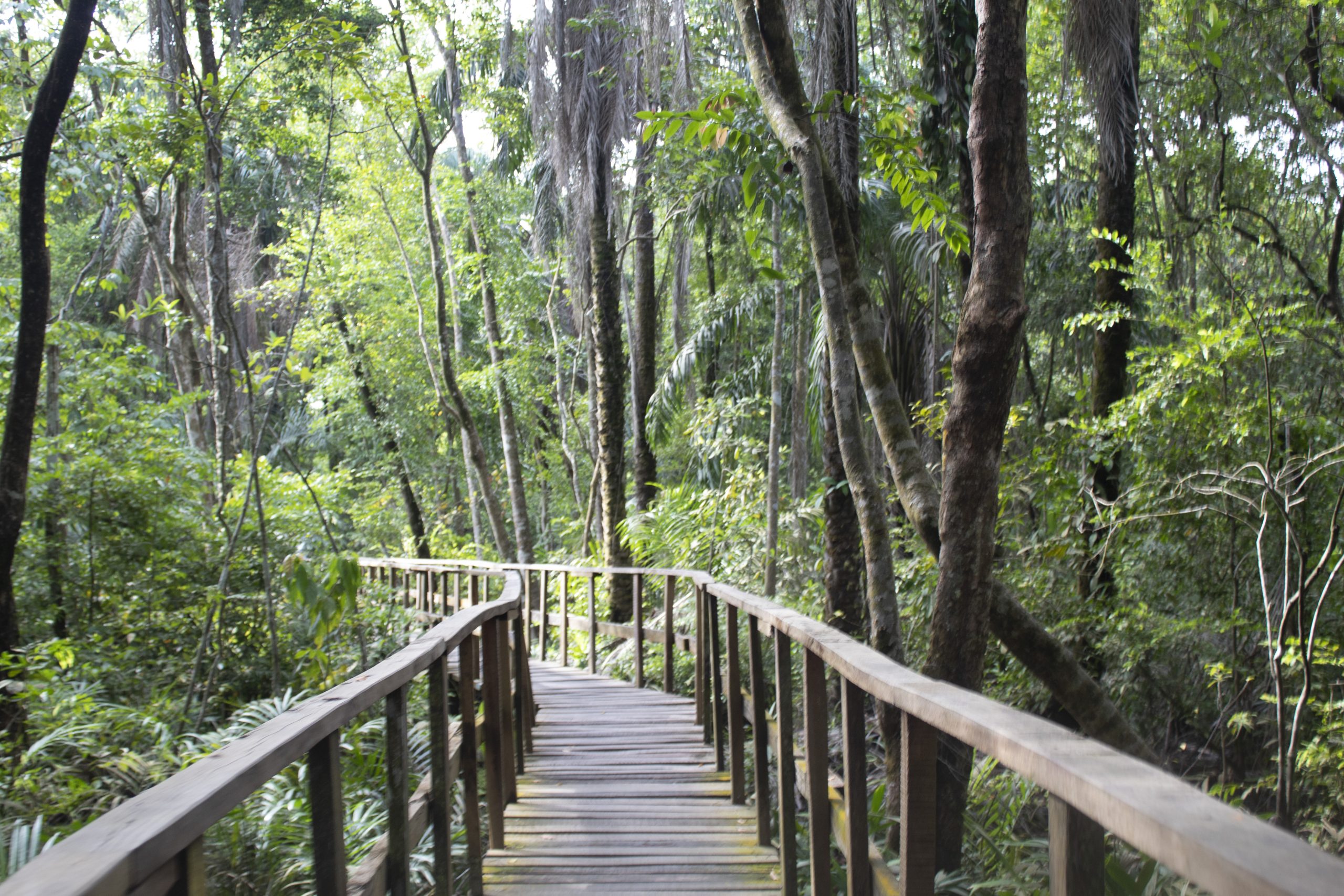Nigeria is renowned for its vibrant cultures, diverse ecosystems, and rich history, making it an ideal location for ecotourism enthusiasts. Ecotourism, a sustainable form of travel, not only provides visitors with unforgettable experiences but also plays an important role in preserving the environment, supporting local communities, and safeguarding cultural heritage. Let us explore the significance of ecotourism in Nigeria and why it is more important now than ever.
What is ecotourism?
Ecotourism goes beyond mere sightseeing; it involves a conscientious way of travelling that emphasizes sustainability and preservation. It includes discovering natural marvels, engaging with indigenous cultures, and making a beneficial contribution to the environment and local communities. Nigeria offers a diverse range of ecotourism spots, from the bustling streets of Lagos to the tranquil scenery of Badagry and beyond, all waiting to be explored.
Why does ecotourism matter?
In a world facing environmental deterioration and cultural uniformity, ecotourism stands out as a ray of hope. It presents a sustainable alternative to traditional tourism methods, which frequently result in carbon footprints and cultural disrespect. Through the adoption of ecotourism, we protect the valuable ecosystems of our planet and honour the variety of cultures that contribute to Nigeria’s distinctiveness.
Nigeria’s natural wonders, ranging from majestic waterfalls to dense rainforests, are not only visually stunning but also serve as crucial ecosystems brimming with diverse life forms. Ecotourism serves as a means to safeguard these habitats by fostering an understanding of their ecological significance and encouraging sustainable tourism practices. Whether exploring the green forests of Cross River National Park or admiring the magnificence of Erin-Ijesha Waterfalls, each ecotourist assumes the role of a guardian of Nigeria’s invaluable natural legacy.
Nigeria boasts a diverse cultural landscape, comprising more than 250 ethnic groups, each with its own language, customs, and stories. Ecotourism serves as a means to delve into this vibrant mix of cultures, promoting intercultural comprehension and admiration. Whether engaging in traditional dances in Benin City or relishing local delicacies in Kano, eco-tourists can deeply experience the diverse culture of Nigeria.
Ecotourism is centred around empowering local communities. Through the adoption of sustainable tourism practices, ecotourists play an important role in boosting the economy of communities living in ecotourism spots. Whether it’s backing local craftsmen or choosing eco-conscious accommodations, each dollar spent by tourists on ecotourism serves as a driver for beneficial transformations, fostering job prospects, and enhancing the quality of life.
Nigeria’s ecotourism industry, despite its vast potential, is hindered by various obstacles, such as insufficient infrastructure, environmental damage, and socio-political unrest. Nevertheless, with cooperation among the government, private sector, and local communities, these challenges can be overcome, paving the way for the industry to flourish.
As we find ourselves on the brink of a new age, the significance of ecotourism in Nigeria is paramount. It goes beyond being just a recreational pursuit; it is a deliberate decision to protect the natural beauty of our planet, honour our cultural legacy, and support our local communities. Embracing ecotourism means embarking on a path of exploration, sustainability, and harmony—a path that offers to enhance our existence and protect Nigeria’s riches for the future.
In summary, ecotourism is not merely a temporary trend; it represents a significant change in perspective—a transition towards a more sustainable and balanced connection between mankind and the environment. As we set out on our ecotourism journeys throughout Nigeria, let us be mindful of our impact, leaving behind nothing but footprints and carrying with us memories that will endure. Welcome to Nigeria—a country of stunning landscapes, rich cultural heritage, and boundless opportunities for ecotourism discovery.
















I enjoy the efforts you have put in this, appreciate it for all the great blog posts.
Hey there! I could have sworn I’ve been to this website before but after reading through some of the post I realized it’s new to me. Nonetheless, I’m definitely glad I found it and I’ll be book-marking and checking back often!
You have brought up a very great details, thankyou for the post.
Hey, you used to write great, but the last several posts have been kinda boringK I miss your great writings. Past few posts are just a bit out of track! come on!
This is a topic close to my heart cheers, where are your contact details though?
Wohh just what I was looking for, appreciate it for putting up.
Your place is valueble for me. Thanks!…
Excellent post. I was checking continuously this blog and I’m impressed! Very useful info particularly the last part 🙂 I care for such information a lot. I was looking for this particular information for a very long time. Thank you and good luck.
Whats up very cool blog!! Guy .. Beautiful .. Amazing .. I will bookmark your website and take the feeds additionallyKI am satisfied to seek out numerous helpful information here within the submit, we want develop extra strategies on this regard, thanks for sharing. . . . . .